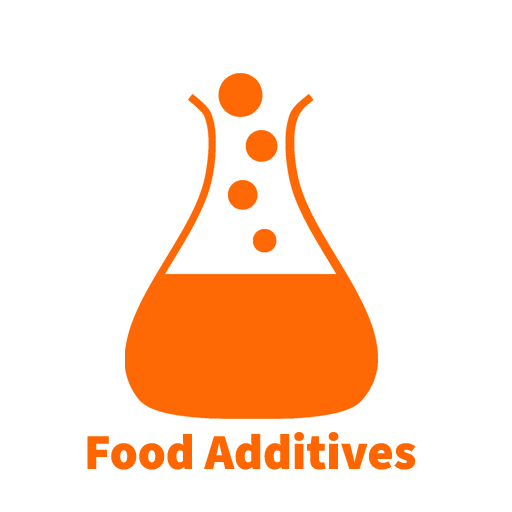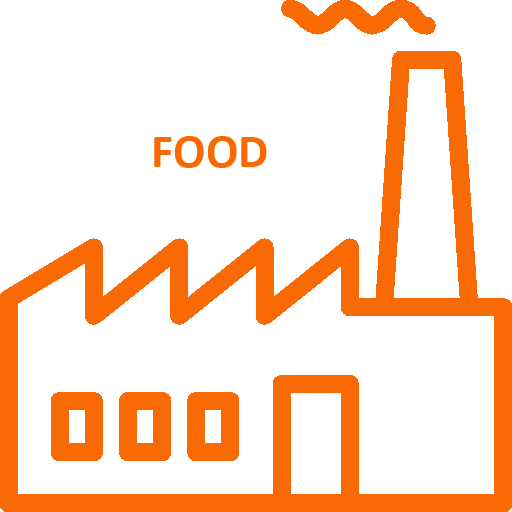The National Sanitary Surveillance Agency (ANVISA in Portuguese) published the Resolution – RDC No. 740/2022 that authorizes the use of food additives and technological aids in various food categories.

The National Sanitary Surveillance Agency (ANVISA in Portuguese) published the Resolution – RDC No. 740/2022 that authorizes the use of food additives and technological aids in various food categories.

The Ministry of Agriculture, Livestock and Supply (MAPA in Portuguese) published the MAPA Ordinance No. 469/2022 that amends the Annex to the MAPA Normative Instruction No. 8, of June 2, 2005, on technical regulations on identity and quality of wheat flour. Whole Wheat Flour: product resulting from the crushing or milling of wheat (Triticumaestivum L.) or other species of wheat of the genus Triticum, where the anatomical components – starchy endosperm, bran and germ – are present in the typical proportion that occurs in intact grain, losses of up to 2% of the grain or 10% of the bran are allowed.
Objective:
To identify the corporate political activity (CPA) strategies used by food industry actors during the development of two public health nutrition policies in Central America: Law #570 (taxation of sugar-sweetened beverages) in Panama, and Bill #5504 (labeling and food marketing regulations) in Guatemala.
Results:
Instrumental strategies included the establishment of relationships with policy makers and direct lobbying against the proposed public policies. Discursive strategies were mainly criticizing on the unfounded ground that they lacked evidence of effectiveness and will imply negative impacts on the economy. The industry pointed at individuals for making their own food choices, in order to shift the focus away from the role of its products in contributing to ill-health.
Conclusions:
We provide evidence of the political practices used by the food industry to interfere with the development and implementation of public health nutrition policies to improve diets in Central America. Policy makers, public health advocates and the public should be informed about those practices and develop counter-strategies and arguments to protect public and policies from the vested interests of the food industry.

Join us on Tuesday, 30 August, 2022, to participate on the webinar “The Superiority of Octagonal Warning Labels in Central America and the Caribbean” hosted by the Pan American Health Organization, to present the results of the studies in Cental America and the Caribbean on the efficacy of the different labeling systems. The session will serve to discuss policy implications of the results obtained in these studies and disseminate the knowledge and build partnerships to exchange experiences on front-of-package labeling (FOPL) implementation.
